Russia’s €12bn project to build two nuclear reactors in Hungary has been put off by at least a year, with Hungarian and Russian authorities blaming the European Union (EU) for the delay.
Hungarian minister Janos Suli told a conference on 5 October that the two new reactors at the Paks site would be delayed because of EU regulatory hurdles, but also admitted that an application for a construction permit would be months late, raising questions over who was at fault for the delay.
Earlier this year EU regulators approved the project, which is funded almost entirely by Russia, after a lengthy investigation examining whether it falls foul of EU state-aid rules.
At that time the first reactor was expected to come online in 2025. Now, though, Hungary is saying the two Russian VVER 1200 reactors could come online in 2026 and 2027 respectively, Reuters reports.
Minister Suli said that Rosatom, Russia’s state-owned nuclear developer, still plans to start work on auxiliary buildings in early 2018 and that, once permits are secured, construction of the reactors could start in 2020.
However, Suli also said the application for the construction permit, originally scheduled for submission at the end of 2017, would now be submitted in mid-2018 and that approval could take up to 15 months.
Rosatom said the delay was not its fault.
"An examination process by the European Commission … led to a forced revision of the schedule," Rosatom said in a statement emailed to Reuters.
Reuters quotes Greenpeace anti-nuclear activist Andras Perger as saying that EU regulatory controls should have been anticipated and were not responsible for Rosatom’s delay in submitting the request for a construction permit.
"If the Russians are not responsible for the delay then they will not pay any penalties," Perger said.
Parger claimed that Rosatom has so many projects at home and abroad that it struggles to manage them all.
Through Rosatom Russia is offering many billions of dollars to finance and build its VVER reactors in Turkey, as well as in Egypt, India, Kenya, and Bangladesh.
In Hungary, the Paks site already has four Russian-built reactors that generate around a third of Hungary’s power. They will be retired before 2037.
Photograph: Russian President Vladimir Putin, left, with the Prime Minister of Hungary, Viktor Orban on 2 February 2017 (Kremlin)
Comments
Comments are closed.





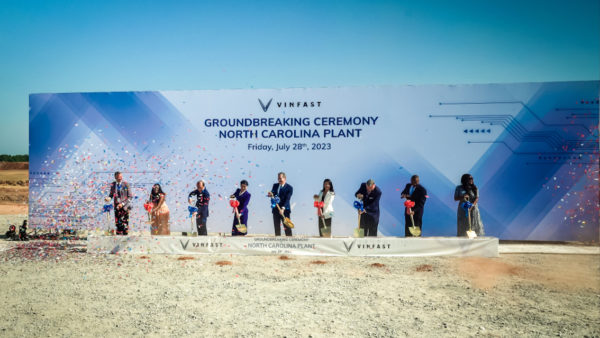
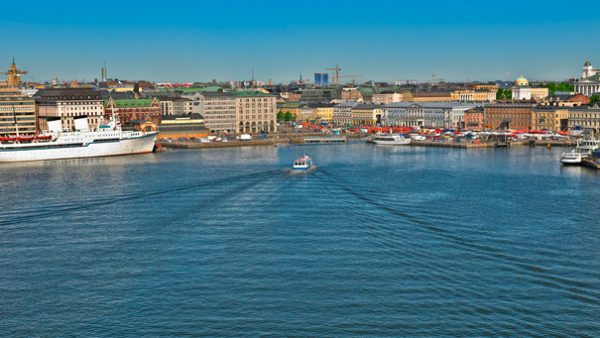
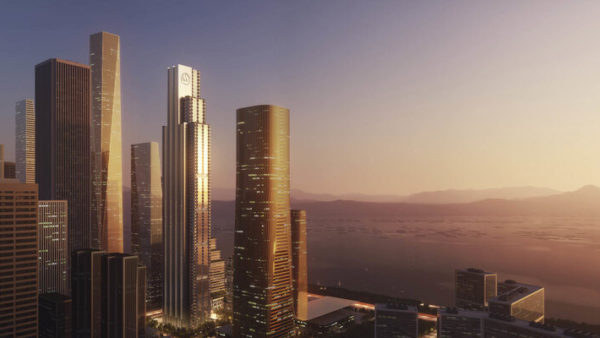
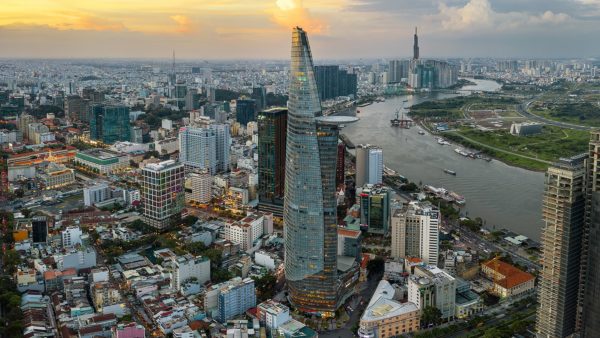
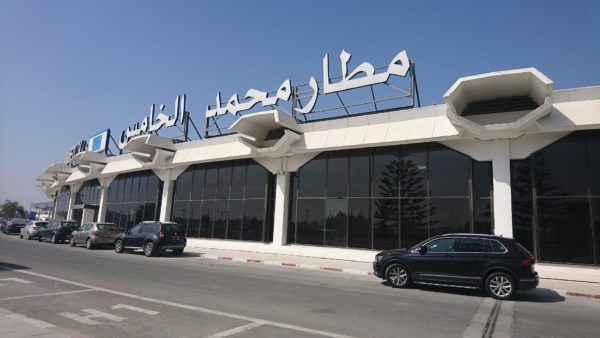
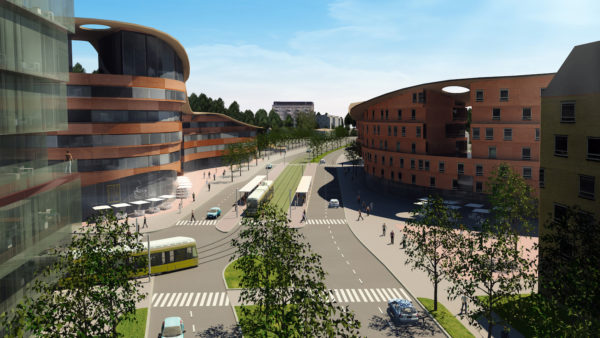
The Hungarian Government is one of the most Anti EU of the 28 EU states. In siding with Russia and criticising the EU it shows their obvious nationalist credentials, the fact that it is Russian inefficiency not EU regulation that has caused this delay does not deter the Hungarian Government from its narrative that the EU is somehow anti Hungarian.